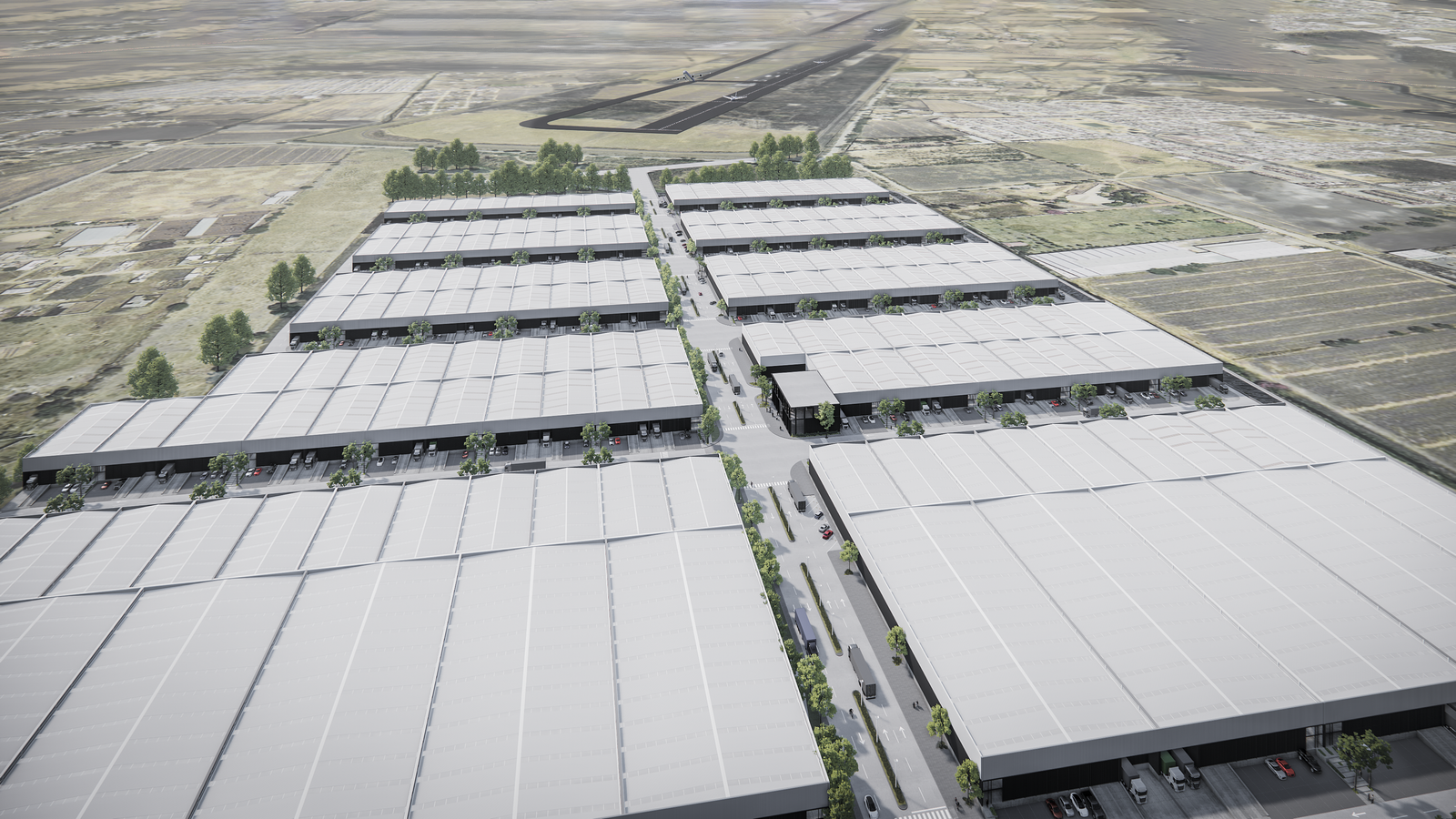Every day, I talk to business owners, developers, and investors who want to succeed in industrial real estate. Many want to take control of their growth, make strategic investments, and secure properties that will drive their business forward.
They’re motivated and eager to be decision-makers in this sector.
But here’s the reality: most people aren’t willing to put in the work required to make it happen in this field. Finding the right property or signing the lease is not enough. You have to understand the scope of your business, your goals, and your ability to make the right moves in a complex market.
People often think that industrial real estate is complicated, that you need connections, capital, and insider knowledge. But the real foundation for success is simpler than that: it starts with clarity on what you want to achieve and the right team to guide you — including an experienced industrial real estate broker who knows the ins and outs of the market.
Know Your Business Vision
Before diving into industrial real estate, take a step back and ask yourself, What am I trying to achieve with this investment? Are you looking to expand manufacturing capacity? Improve logistics? Strengthen your company’s footprint in a competitive area?
Or simply diversifying your investment portfolio.
Once you know your goal, you can build a strategy around it. And when you have a broker who understands your vision, it’s easier to zero in on properties that align with your objectives. This clarity is essential. The better you know what you’re after, the better your broker can help you find exactly what you need, from locations that offer prime access to transport routes to properties with long-term growth potential.
Understand What Drives Your Business
In industrial real estate, motivation is a business necessity. Knowing what makes your business tick is critical in choosing the right property.
For example:
- Are you driven by operational efficiency? Look for properties that improve logistics and reduce transportation costs.
- Is proximity to clients a priority? Focus on locations that provide easy access to key customers or suppliers.
- Does flexibility matter most? Seek out properties that allow for growth or reconfiguration over time.
- How’s your portfolio performing in regard to your ROI vs other investments? Look into new developments that will allow you a good return.
When you understand these drivers, you can work with your broker to find properties that meet your operational needs and help you reach your strategic goals.
Be Ready to Put in the Work
Just as building a business requires effort and commitment, so does industrial real estate. This sector requires calculated decisions and long-term planning. You’ll need to navigate zoning regulations, understand market trends, and negotiate terms that set you up for success. And that’s why partnering with an industrial real estate broker who knows the local landscape is invaluable.
An experienced broker doesn’t just show you properties; they dig deep into your business goals, provide market insights, and handle the intricacies so you can stay focused on your business. They become an extension of your team, working with you to ensure each step in the process is strategically aligned with where you want to go.
Take Action with Purpose
Industrial real estate isn’t an easy industry, but the potential rewards are worth it. This sector allows you to create an enduring legacy for your business, whether that means securing properties for long-term growth or improving operations with a strategically located distribution center. But to achieve this, you need to make informed, confident decisions — and that’s where a skilled broker becomes your strongest ally.
Here’s the bottom line: industrial real estate success starts with you. Know what you want, understand what drives your business, and be willing to do the work. With the right broker guiding you through each decision, you’re equipped to make moves that don’t just expand your operations but strategically position your business for sustainable growth.
So, if you’re ready to invest in your company’s future, start with a clear vision, a defined strategy, and the right support.


